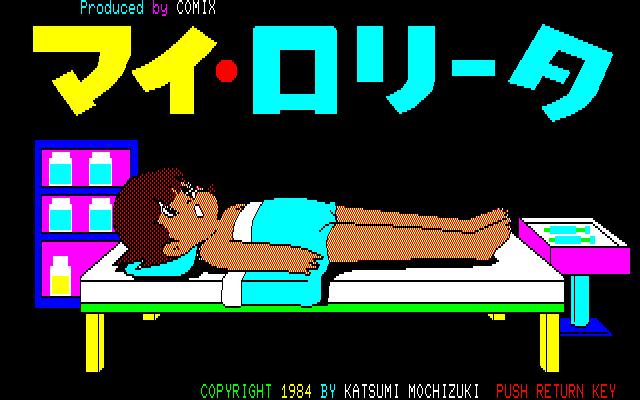

But on its launch in 1955, France became the first in a line of countries to ban Lolita, followed by Argentina, New Zealand, South Africa and Australia (where censors kept it out of the country until 1965). Nabokov resorted to Olympia Press, the French firm better known for publishing pornographic pulp. It was rejected by all the big houses, including Viking, where editor Pascal Covici said anyone who published it risked being jailed or fined. When Nabokov finished writing his novel in 1953, he struggled to find a publisher in the US due to the book’s theme of paedophilia. Nabokov’s struggle to get Lolita published in his own time is common knowledge, and not at all difficult to learn about if you are curious. Nobody making this statement seems to have consulted any millennials for their thoughts – but more to the point, nor do they seem to have consulted Google. ”Īlongside trigger warnings and safe spaces, the imaginary millennial war on Lolita has become an oddly specific cultural trope. Railing against “safe-space publishing”, veteran broadcaster and journalist Iain MacWhirter tweeted: “No one would publish Martin Amis’s Money today – one of the best novels of the 20th century. While promoting her film The Bookshop last year, actor Emily Mortimer also talked about the “sanctimony” of #MeToo, telling the Telegraph: “Lolita would have a hard time being published today.” And Twitter provides a smorgasbord of spluttering about the terrors of our new prudery. Johnson then asked Dan Franklin – a publisher, granted, but not a millennial – who said he wouldn’t publish it now for fear “a committee of 30-year-olds” would resign in protest because of #MeToo and social media. Ignoring, of course, that it is on curriculums now. In the Spectator this week, Rachel Johnson writes that Lolita would be stuck on the slush pile if Nabokov had written it now, casting doubt over whether the classic would even be placed on curriculums any more. It’s a view that pops up with surprising frequency. And so I note with particular interest when people who are usually not millennials and don’t work in publishing share their view that Vladimir Nabokov’s Lolita would never be published now because of awful young people like me.


If millennials are currently aged between the ages of 22 and 36, I am one, albeit somewhere in the upper echelons – and I am also a publisher.


 0 kommentar(er)
0 kommentar(er)
